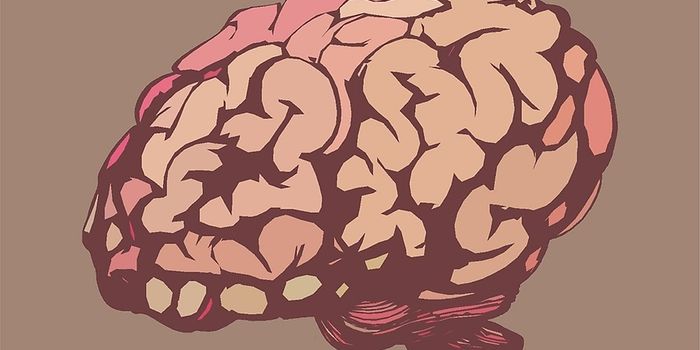Mediterranean Diet Reduces Dementia Risk by 23%

A Mediterranean diet is rich in fish and plant-based foods such as whole grains, vegetables, legumes, fruits, and nuts. It minimizes foods including beef, pork, lamb, added sugar, and refined grains such as pasta and white bread.
Previous studies suggesting that a Mediterranean diet may reduce dementia risk have typically had small cohorts with limited dementia cases. In the present study, researchers thus sought to investigate the link between the Mediterranean diet and dementia in a larger cohort.
To do so, they analyzed data from 60, 298 individuals aged between 40- 69 years old from the UK Biobank who had completed a 24-hour dietary assessment at enrolment. The researchers split participants into groups according to their adherence to the Mediterranean diet- low, moderate, or high- and followed their health outcomes for an average of 9.1 years. Over the follow-up period, 882 patients developed dementia.
In the end, the researchers found that those with the highest adherence to the Mediterranean diet were 23% less likely to develop dementia than those who adhered to the diet least. The researchers added that polygenic risk factor for dementia did not significantly alter the link, meaning that the Mediterranean diet could reduce the likelihood of developing dementia even among those with a high genetic risk.
"The protective effect of this diet against dementia was evident regardless of a person's genetic risk, and so this is likely to be a beneficial lifestyle choice for people looking to make healthy dietary choices and reduce their risk of dementia,” said Dr Janice Ranson, Senior Research Fellow at the University of Exeter, joint lead author on the paper, in a press release.
"Future dementia prevention efforts could go beyond generic healthy diet advice and focus on supporting people to increase consumption of specific foods and nutrients that are essential for brain health."
Sources: Science Daily, BMC Medicine








